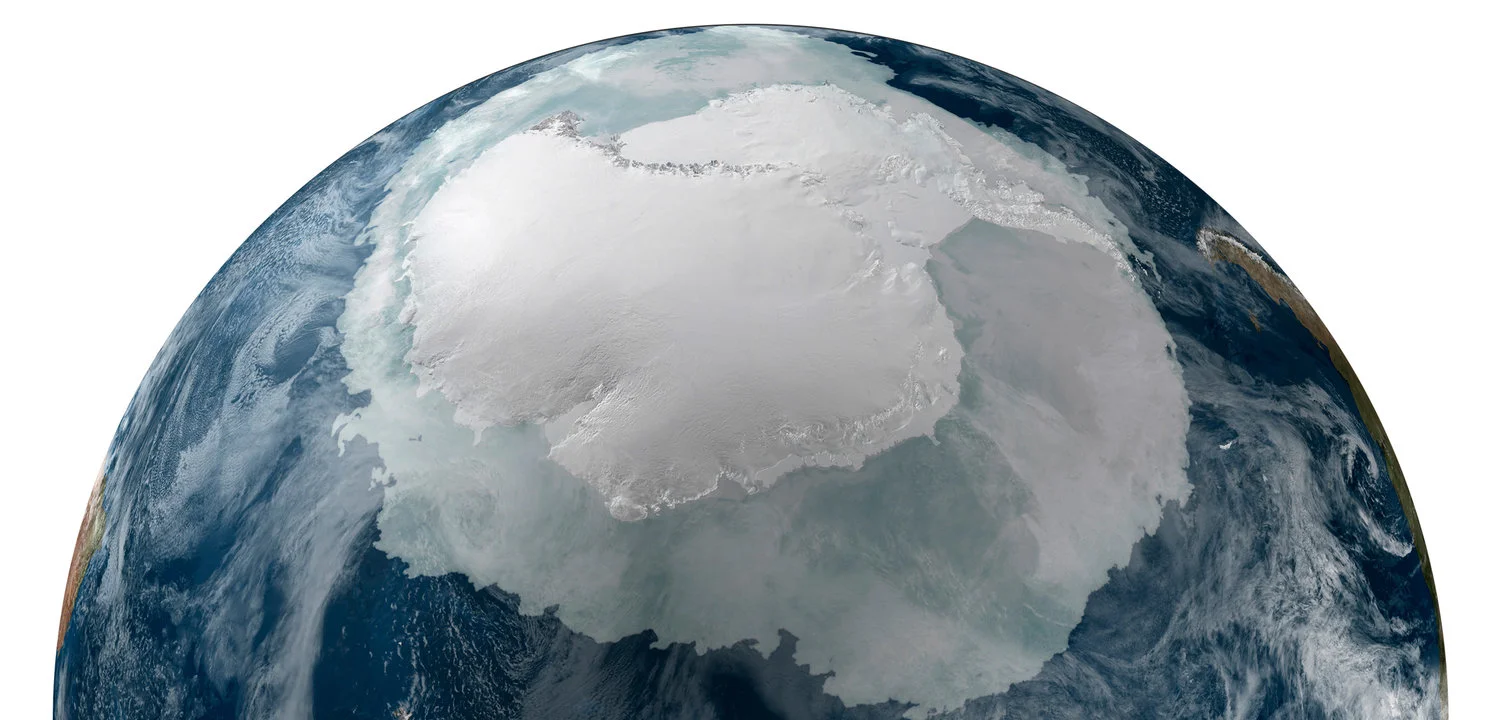THE ANTARCTIC WILDLIFE RESEARCH FUND
FACILITATING AND PROMOTING RESEARCH ON THE ANTARCTIC ECOSYSTEM
WHAT IS AWR AND WHAT IS ITS PURPOSE?
The Antarctic Wildlife Research Fund facilitates and promotes research on the Antarctic ecosystem. It was created to ensure a resilient Antarctica, in which the management of all natural resources must rely on precaution and thorough and upto-date knowledge. The Antarctic ecosystem is uniquely dependent on Antarctic krill (Euphausia superba), a small, shrimp-like crustacean that is eaten by species from fish to blue whales. AWR believes now is a critical time to obtain high-quality scientific information that can help resolve current scientific uncertainties about krill, krill predators, and the ecosystem to assist in the long-term management of the fishery. The partners in AWR support the need for the krill industry to contribute to this process. AWR’s founding partners are Aker BioMarine, the Antarctic and Southern Coalition - ASOC, and WWF-Norway. Initial funding has been provided by Aker BioMarine, Blackmores and Swisse.
HOW IS AWR STRUCTURED?
In awarding proposals, AWR has a multi-step process to ensure that the best proposals are chosen, based on scientific advice. AWR’s independent Science Advisory Group (composed of expert scientists who are not paid by AWR or industry) reviews all proposals submitted to AWR and makes recommendations about which ones should receive funding. AWR’s Board, with representatives from industry and eNGOs, then reviews these recommendations and makes the final decisions to award funding. AWR does not have any influence over projects after funding has been given to ensure that the results are unbiased and purely objective. Decisions are made by the Board. ASOC, Aker BioMarine and the Law Firm Scjhødt have made employee resources available for the day-to-day management of AWR.
HOW WILL AWR CONTRIBUTE TO ONGOING RESEARCH?
What kind of projects does it fund? Although many scientists are already studying aspects of the Antarctic marine environment, there is more work to be done. Antarctic work is expensive, and scientists working on AWR’s priority research areas have confirmed that additional resources would be highly valuable.
Therefore, AWR’s objective is to support existing research by experts in the field by providing additional funding to help them complete or expand their work. As a nongovernmental entity, AWR also has greater flexibility to fund new or innovative projects.
AWR’s Scientific Advisory Group has developed a research plan to complement ongoing research. The principal aims of the plan are to:
a) Contribute to the work of the Commission on the Conservation of Antarctic Marine Living Resources (CCAMLR) on the development of a feedback management system for the commercial fishery for Antarctic krill.
b) Design and implement a series of candidate scientific reference areas to monitor natural variability and long term change.
c) Design field and analytical methods for providing early warning signals about future ecological change.
d) Observe and evaluate signals of ecological change with a view to determining, to the extent possible, the causes of change, whether natural or anthropogenically induced.
Founding partners
LEARN MORE ABOUT AWR
INFORMATION BROCHURE
VIDEOS
PRESENTATIONS
From the seminar "Norway and Australia: Partners in Antarctica and for Sustainable Oceans", arranged by the Norwegian Embassy in Australia on February 24th 2015.
- "AWR's Mission", Andrea Kavanagh, Global Penguin Conservation Campaign, Pew Charitable Trusts
- "Why is a sustainable Antarctica important for business", Hallvard Muri, Aker BioMarine
- "Antarctic ecosystems under change requires revitalisation in scientific capabilities in observation, operation and cooperation", Olav Rune Godø, Institute of Marine Research Norway
- "Challenges and opportunities facing NationalAntarctic programmes over the coming decade - an Australian perspective", Nick Gales, Australian Antarctic Division



